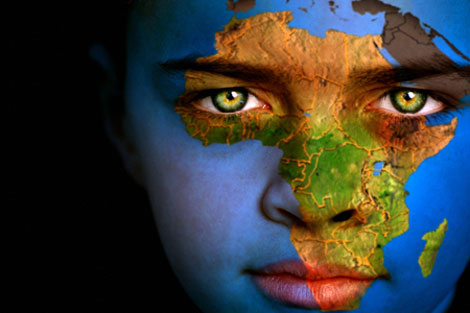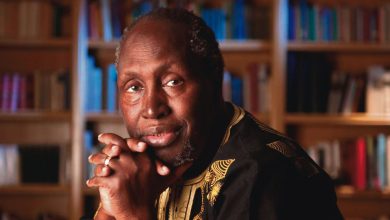A Prayer for Africa.

Once, Africa stood as the cradle of civilization—its soil rich not just with minerals, but with ideas, knowledge, and dreams that shaped the course of humanity. Long before the world spoke of Silicon Valley or Wall Street, Africa’s scholars in Timbuktu, mathematicians in Egypt, architects in Nubia, and engineers in Carthage were laying the foundations of literature, mathematics, physics, astronomy, and inventions that still echo across the ages.
The pyramids of Giza, the manuscripts of Timbuktu, the mathematical genius of the Ishango Bone, the engineering marvels of Great Zimbabwe—these are not merely relics of the past but living reminders that Africa was once the intellectual powerhouse of the world. In arts, governance, and science, Africa’s legacy is one of brilliance, innovation, and courage.
Yet, centuries of plunder, colonization, and exploitation dimmed this light. The chains of slavery, the theft of resources, the imposition of foreign systems, and the legacy of political interference stifled Africa’s voice and creativity. While the world surged forward in industry and technology, Africa was deliberately held back, shackled to underdevelopment and dependency.
But the time for Africa to rise has come. Africa must not only remember its greatness but reclaim it. This is not a nostalgic longing for the past, but a bold vision for the future—a future where Africa does not just participate but leads in the global arena. From renewable energy to digital economies, from food security to space technology, Africa has the talent, the resources, and the resilience to become the architects of the modern world.
This is our prayer for Africa:
Let the children of Africa dream beyond their borders.
Let our leaders rise above self-interest and place the people first.
Let innovation flourish in our schools, our farms, our laboratories, and our industries.
Let African nations collaborate, not compete, for the greater good.
Let the sons and daughters of the continent abroad bring home their knowledge, their skills, and their passion to build, not just benefit.
Let Africa write her own story, not as a victim of history, but as the shaper of destiny.
Let the world respect Africa not as a source of raw materials, but as a partner in progress.
Let Africa rise—bold, brilliant, and unafraid.
This is not a dream deferred. It is a call to action.
Africa must rise. Africa will rise. The time is now.




